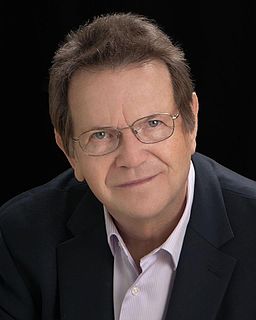A Quote by John Allen Fraser
If the institutions of parliamentary democracy are worth preserving, the duty to explain them to the people they are meant to serve becomes vitally important.
Related Quotes
We cannot judge fully of men's works by what we see, or what is said and thought of them; for man is prone to depreciate that which is really important, and to exact and extol what is trivial and of little worth. Many things which are hidden and unrecognized of human wisdom are nevertheless valuable and vitally important.
The boycott of parliamentary institutions on the part of anarchists and semianarchists is dictated by a desire not to submit their weakness to a test on the part of the masses, thus preserving their right to an inactive hauteur which makes no difference to anybody. A revolutionary party can turn its back to a parliament only if it has set itself the immediate task of overthrowing the existing regime.
In a system of capitalism, as people's wealth rises, the financial incentive to serve them rises. As their wealth falls, the financial incentive to serve them falls, until it becomes zero. We have to find a way to make the aspects of capitalism that serve wealthier people serve poorer people as well.
Democracy is not just freedom to criticize the government or head of state, or to hold parliamentary elections. True democracy obtains only when the people - women, men, young people, children - have the ability to change the system of industrial capitalism that has oppressed them since the earliest days of slavery: a system based on class division, patriarchy, and military might, a hierarchical system that subjugates people merely because they are born poor, or female, or dark-skinned.
Institutions develop because people put a lot of trust in them, they meet real needs, they represent important aspirations, whether it's monasteries, media, or banks, people begin by trusting these institutions, and gradually the suspicion develops that actually they're working for themselves, not for the community.


































